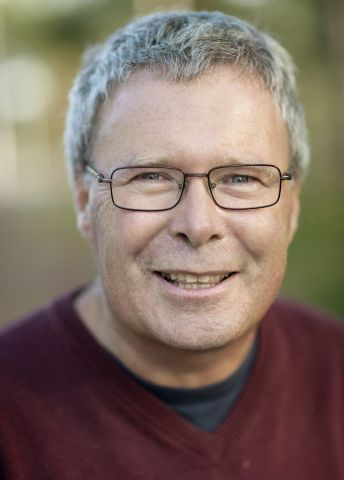
David Wardle
Professor of Soil and Plant Ecology
Wallenberg Scholar
Institution:
Umeå University
Research field:
Studies of above- and belowground communities and how these in turn drive the functioning of terrestrial ecosystems, as well as how these linkages are impacted by global change factors
Professor of Soil and Plant Ecology
Wallenberg Scholar
Institution:
Umeå University
Research field:
Studies of above- and belowground communities and how these in turn drive the functioning of terrestrial ecosystems, as well as how these linkages are impacted by global change factors
Researching how threatened ecosystems are affected by human activity
All terrestrial ecosystems consist of two parts: one part above ground, with plants and animals, and one part underground, with fungi, bacteria and other animals. David Wardle investigates how the interactions between these parts are affected by global environmental changes as a result of human activities such as climate, land use change, species losses and invasions.
David Wardle's research is mainly conducted in the form of field studies around the world. In Arjeplog's lakes, he is studying the ecological effects of a changing fire regime. In peat-rich wetlands in southeast Asia, he is investigating how we can reverse the degradation process caused by human land use. And in New Zealand, he is looking for answers to how invasive plants and animals modify the local ecosystem.
Contributing knowledge to decision-makers
"I want to better understand how ecosystems work and how they respond to certain global environmental changes. It's very important for us to understand what we're actually doing. On one hand, so we know what kind of impact we have, and on the other hand, so that we can understand in the longer term how we can mitigate these effects so that we get healthy, functioning ecosystems," he says.
Through his research, David Wardle provides a basis for measures and policy decisions that can help mitigate the effects of global environmental change and aid the recovery of ecosystems that are currently threatened.
"My research has, among other things, contributed knowledge to decision-makers on how to best manage invasive species, in order to restore ecosystems to a more natural state," says David Wardle.